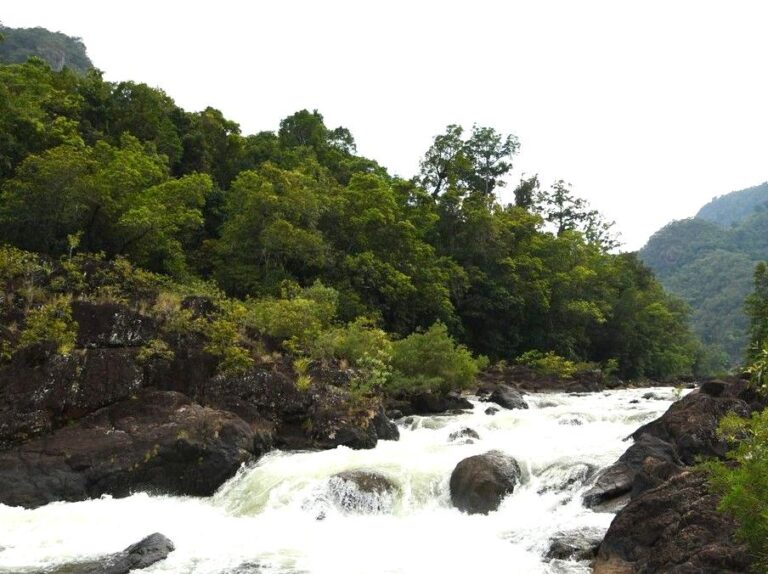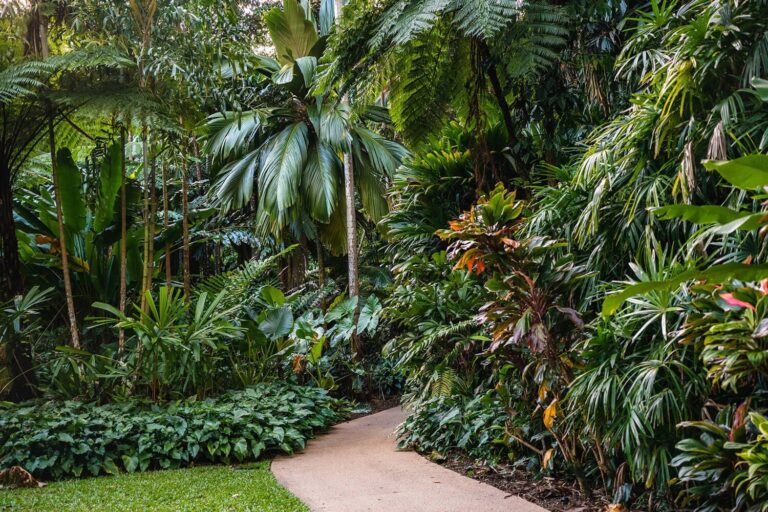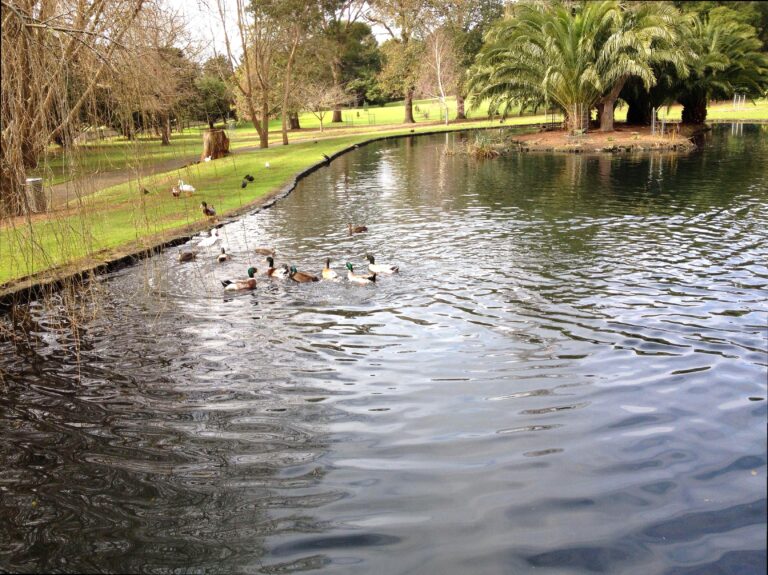Bush tucker refers to the native Australian food that has been used for thousands of years by Indigenous communities, while medicinal plants have played a crucial role in traditional healing practices. A bush tucker and medicinal plants tour offers a unique opportunity to explore the rich biodiversity of Australia, learning how to identify, harvest, and prepare native plants for food and healing. These tours connect participants with the land and its cultural significance, fostering a deeper understanding of Indigenous traditions and sustainable practices. Engaging with expert guides, tourists gain not only knowledge but also respect for the environment. So, whether you’re a culinary enthusiast or a wellness seeker, these tours promise an enriching experience.

Bush tucker is more than just food; it embodies the relationship between Indigenous Australians and their environment, showcasing a wealth of traditional knowledge that has been passed down through generations. Understanding bush tucker begins with recognizing the incredible variety of native plants, fruits, grains, and animals that were once staples of Indigenous diets. Common bush tucker ingredients include quandong, wattleseed, bush tomatoes, and macadamia nuts, each offering unique flavors and nutritional benefits. These ingredients are an essential part of Indigenous culture, and their sustainable harvesting showcases a profound respect for nature. By participating in a bush tucker tour, individuals learn about the ecological balance and cultural significance of these foods, and they get the chance to taste dishes prepared using traditional methods. Such experiences contribute to personal growth and cultural awareness, aligning modern culinary arts with ancient practices.
Medicinal Plants: Nature’s Pharmacy

Medicinal plants have been utilized by Indigenous Australians for centuries to treat a wide range of ailments, from infections to digestive issues. A bush tucker and medicinal plants tour introduces individuals to these natural remedies, often featuring plants that have proven effective in both traditional and contemporary medicine. For example, the tea tree (Melaleuca alternifolia) is well-known for its antiseptic properties, while Kakadu plum is lauded for its high vitamin C content and antioxidant benefits. Visitors will learn to identify plants, understand their uses, and discover the optimal methods for preparing and applying these natural remedies. Additionally, the tours emphasize the need for sustainable practices to ensure these resources remain available for future generations. Participants often leave with a greater appreciation for the healing power of nature and a toolkit of knowledge to incorporate these remedies into their daily lives.
Exploring the Landscape

The beauty of engaging in a bush tucker and medicinal plants tour lies in the immersive nature of the experience. Participants typically explore various ecosystems, which may include forests, wetlands, and coastal areas, each rich in biodiversity. This exposure connects individuals with the land, highlighting its diverse flora and fauna. Guided by knowledgeable locals, guests will learn about the ecological significance of each plant species, their habitats, and their relationship with local wildlife. Additionally, many tours incorporate hands-on activities, such as foraging for plants or crafting simple remedies, making the learning experience both interactive and practical. The stunning landscapes combined with insightful storytelling create a memorable journey that delights the senses and enriches the mind.
Respecting Indigenous Traditions

One of the core components of bush tucker and medicinal plants tours is the respect for Indigenous knowledge and practices. The programs often feature stories and customs shared by Aboriginal guides, providing insights into the spiritual and cultural connection Indigenous peoples have with the land. This cultural immersion is not only educational but also serves to honor the traditions that have sustained these communities for millennia. Participants are encouraged to reflect on their role as stewards of the environment, fostering a sense of responsibility to protect the land. Respecting Indigenous traditions means understanding the significance of sustainable practices and advocating for the rights of Indigenous communities. This critical knowledge empowers participants to advocate for cultural preservation and environmental stewardship beyond the tour experience. Through respectful engagement, travelers can contribute positively to Indigenous narratives and support ongoing cultural practices.
Conclusion
A bush tucker and medicinal plants tour is an enlightening experience that offers a wonderful blend of education, respect, and adventure. By exploring the rich tapestry of Indigenous foodways and healing practices, participants can foster a deeper appreciation for Australia’s unique biodiversity and cultural heritage. Engaging in such tours allows visitors not only to savor the incredible flavors of bush tucker but also to learn essential information regarding the sustainable use of natural resources. These experiences can propel individuals towards a more thoughtful approach in their culinary adventures and lifestyle choices, marrying excitement with ecological awareness. Ultimately, these tours are a bridge to understanding the profound relationships Indigenous Australians have with their land, encouraging everyone to be advocates for both nature and culture.
FAQs
Bush tucker refers to native Australian foods traditionally consumed by Indigenous Australians, which includes a variety of plants, fruits, and animals native to the Australian landscape.
2. How does bush tucker differ from standard cuisine?
Bush tucker focuses on ingredients native to Australia, emphasizing sustainable harvesting practices and traditional cooking methods that honor Indigenous cultures and their connection to the land.
3. Can anyone participate in a bush tucker and medicinal plants tour?
Yes, these tours are designed for anyone interested in learning about Indigenous culture, biodiversity, and sustainable practices, regardless of prior knowledge or experience.
4. Are the plants used in these tours safe for consumption?
Yes, participants are guided by knowledgeable experts who ensure that the plants are safe for consumption and educate visitors on proper harvesting and preparation techniques.
5. Why is it important to respect Indigenous knowledge during these tours?
Respecting Indigenous knowledge fosters cultural preservation, acknowledges the significance of traditional practices, and promotes environmental stewardship, creating a more meaningful experience for all participants.






